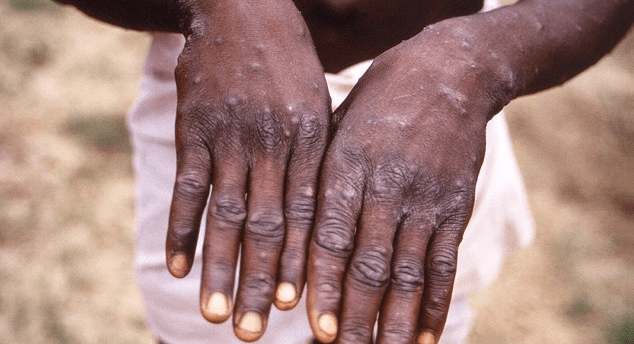Deadly outbreak of monkeypox virus emerges in DRC putting children at risk
The current outbreak of the monkeypox (mpox) virus in the South Kivu province of the Democratic Republic of Congo (DRC) is showing no signs of slowing down. Recent research has revealed that the virus can now be transmitted through both heterosexual contact and close community-level contact, making children the most vulnerable group. However, efforts to contain the outbreak are being hindered by the lack of adequate testing capacity.
In 2022, there was a global outbreak of the mpox virus clade II, which raised concerns due to its wider geographical spread and increased fatalities. However, this current outbreak of mpox virus clade I is significant because it indicates that transmission routes are expanding. It is crucial that we conduct further investigations to better understand how the virus is transmitted and to develop effective control and response plans. Additionally, there is a need for enhanced surveillance and equitable access to vaccines, diagnostics, and treatments for all affected populations. Without access to testing, it is also unclear how other underlying conditions, such as HIV, may impact the severity and transmission dynamics of the virus.
Dr. Ayoade Alakija, Chair of the Board at FIND, expressed deep concern about the situation in the DRC, highlighting the lack of tests for both mpox and HIV. This lack of testing makes it difficult to assess the severity of the mpox outbreak and understand the underlying comorbidities. Dr. Alakija emphasized the importance of prioritizing resources to fight the deadly mpox outbreak in the DRC, rather than waiting for the virus to spread to other countries before taking action.
In 1970, the Democratic Republic of the Congo (DRC) reported the first cases of mpox in humans, marking a significant milestone. Throughout its history, the country has primarily reported cases of MPXV clade I, which is the most lethal form of the virus. The occurrence of the first recorded heterosexual transmission and close community contact transmission represents a pivotal shift in the evolution of the virus.
However, the DRC faces considerable challenges in verifying diseases, as only a small fraction, specifically 16%, of suspected cases undergo PCR testing due to limited diagnostic resources. This testing shortfall has resulted in a 60% positivity rate, suggesting that the outbreak may be underestimated. From the beginning of 2022 to January 2024, the country has reported an alarming 21,630 suspected MPXV cases and 1,003 deaths. Tragically, the majority of deaths, approximately 85%, occurred among children under the age of 15.
To effectively respond to the outbreak and halt the spread of MPXV, it is crucial to bridge the gap between suspected and confirmed cases. This can be achieved through enhanced surveillance measures and increased access to testing. These measures are essential in gaining a comprehensive understanding of the outbreak and implementing targeted interventions.
Dr. Sergio Carmona, acting CEO and Chief Medical Officer at FIND, highlights the severe limitations in testing capacity for mpox and HIV in the DRC. As a result, many probable cases of mpox are being treated as suspected cases only. Recognizing the persistent disparities in testing capacity, FIND is urgently collaborating with partners to expedite the rollout of tests and develop new diagnostic tools that can deliver faster results at the point of care.




